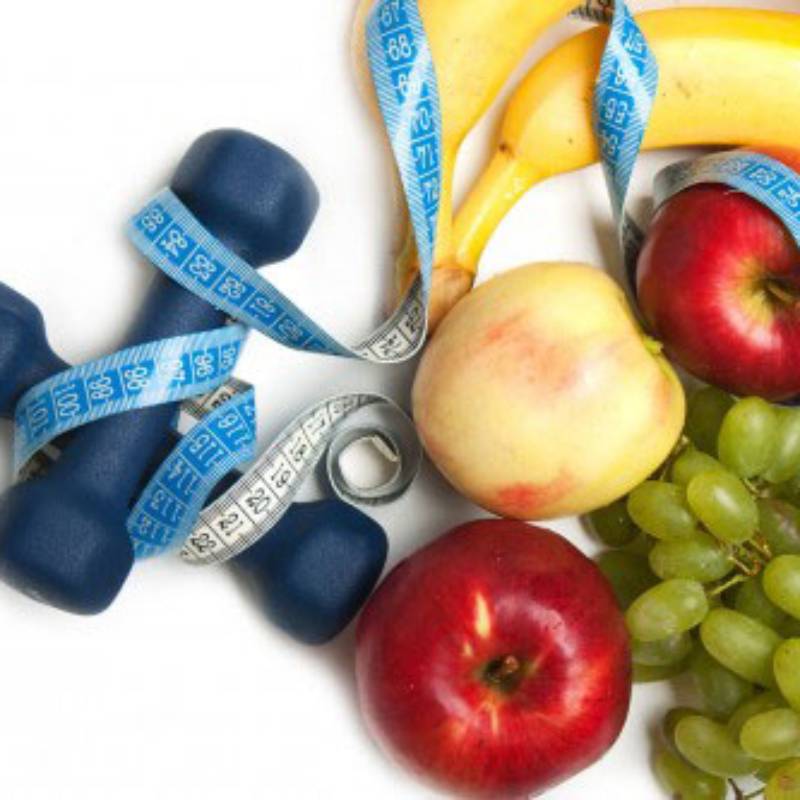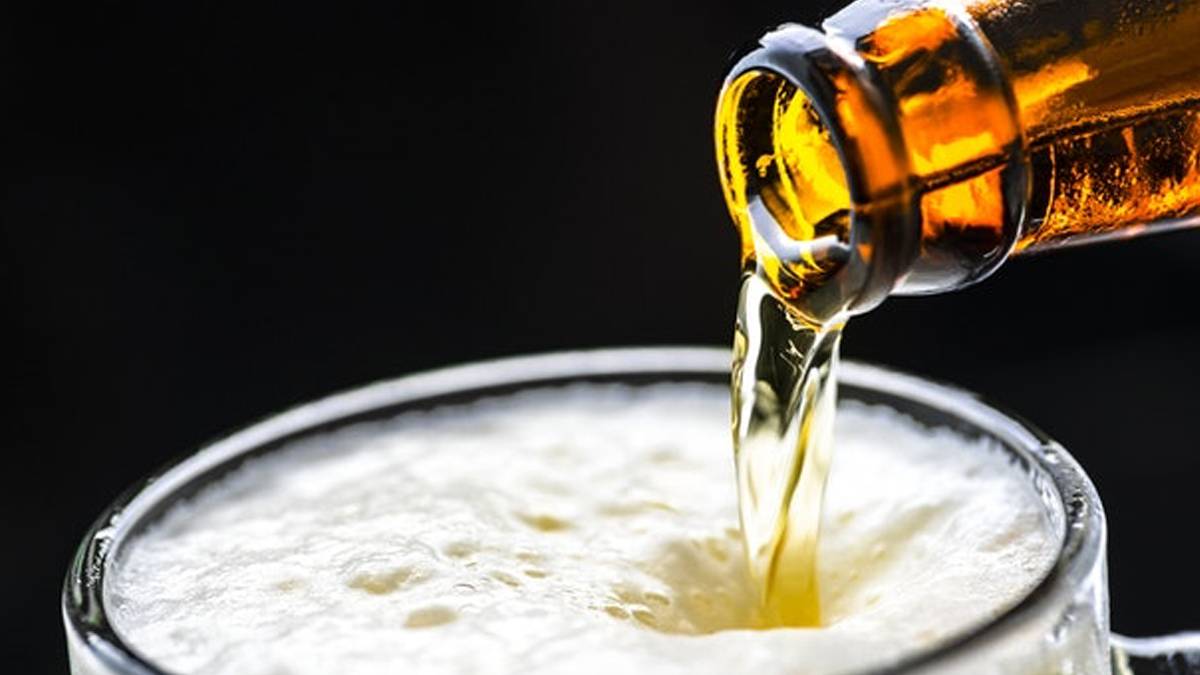The importance of eating well before training

In a car, you don’t get very far on an empty tank… and the same goes for the human body! If you want to have the energy you need for intensive sports training, you’d better fill up the tank. Be careful, though: you need quality fuel.
Planning and planning your sports nutrition
Eh oui, le mot d’ordre, ici, est encore la planification. First of all, you need to know your nutritional requirements, so you can manage your calorie intake before and after each sports session. Unfortunately, there’s no magic formula for making this calculation, and the best thing to do is to consult a sports nutrition professional. Once you know how many carbohydrates and proteins you need to refuel, it’s much easier to plan your meals and snacks accordingly.
Before, during and after
Despite all the talk about fasting for sport, going to training on an empty stomach is an excellent idea for suffering discomfort during practice. What’s more, we’re willing to bet that any sports club manager won’t find it very funny to have to get one of his players back on his feet because he saw fit to skip the snack.
It’s also important to stay well hydrated during the session. If the effort lasts less than an hour, you need to drink enough water to avoid a drop in performance, or worse, dehydration. This is all the more important when training in the heat. If the effort lasts longer than an hour, it’s important to think about carbohydrate and mineral intake. This is where the sports drink comes in. Obviously, it has to contain a good proportion of carbohydrates and minerals, and it has to be pleasant-tasting, otherwise it may be difficult to drink enough to stay well hydrated.
By the time the competition is over, everyone is exhausted, and it’s often the case that you want to rest much more than you want to eat. It’s important to remember, however, that recovery nutrition is just as important as the pre-workout meal or snack. It’s vital to replenish your energy reserves and give your body everything it needs to repair its tissues.
Stress and hunger before a competition
Before a sporting event, many people are unable to swallow anything. Still, it’s very important to have your fill. You can then adapt your diet by eating small quantities at a time and choosing foods with a texture you like. In fact, many people find that semi-solid foods (such as fruit compote) are easier to digest before intense activity. What’s more, you shouldn’t try new foods before a competition. Since you never know how your digestive system will react to new things, it’s best to do your tests after training to see what works and what doesn’t.
Talk about it!
There’s nothing like talking to other athletes to find out their best tips. Want to share your nutritional tips with your teammates? Why not use the MonClubSportif application? In addition to being able to share your tips and tactics, you’ll be able to plan workouts and communicate with your coach and other team members all in one handy tool.
Karl Demers

On the same subject
For a long time, there has been a debate between those who think that drinking after exercise is excellent and those who, on the contrary, do […]
